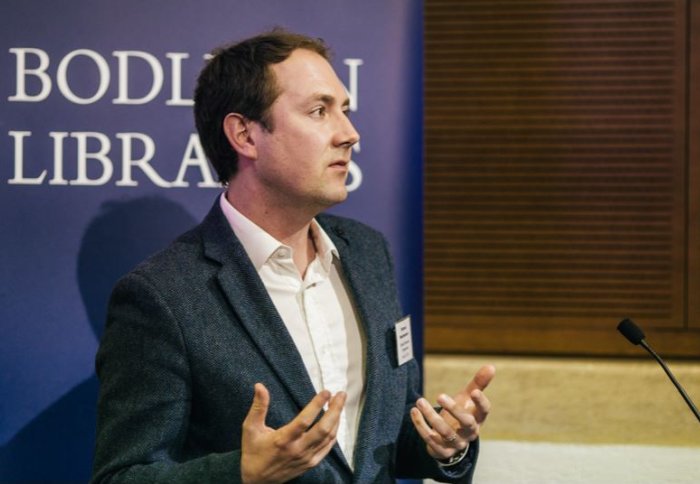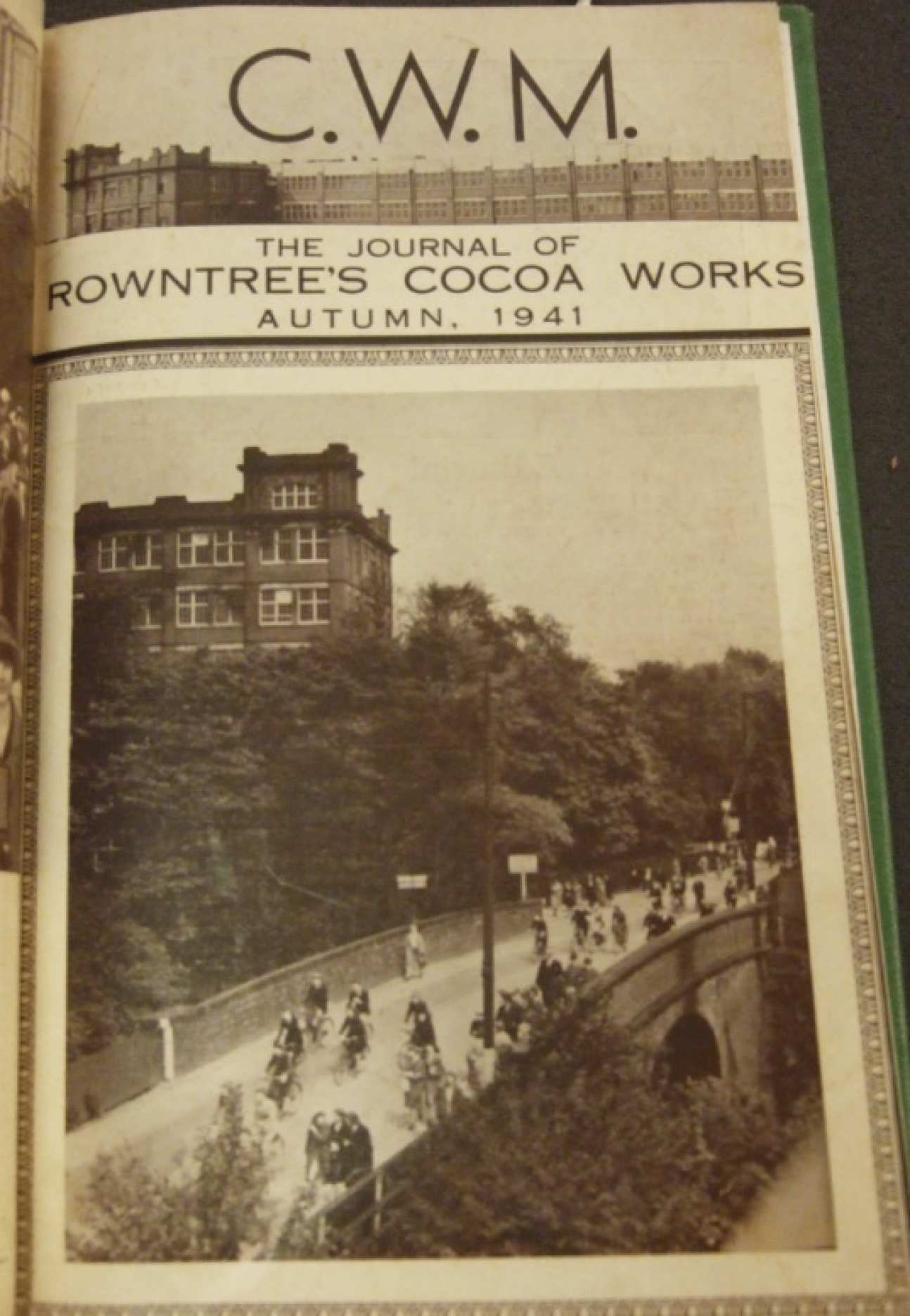Michael Weatherburn brings long-lost scientific studies back to life

Dr Michael Weatherburn, Horizons field leader, has recently published a research study in leading management research journal Human Relations.
Long fascinated by how the workplace has developed to the present – and will do so in the future – Michael, who leads the Imperial Horizons Humanities and Social Sciences field, had been examining the ‘Hawthorne studies’, conducted in interwar USA.
These American studies showed, or at least appeared to show, that workers are more motivated by social interaction and management attention than financial incentives. This conclusion, plus the related notion that the United States was a sole pioneer in management research, has been influential on the field of management studies since.
Through extensive detective work and a little luck, Michael located a treasure trove of dusty, forgotten historical sources which revealed a four-year series of incentive studies at the Rowntree Cocoa Works in York – where KitKats, Smarties, Yorkies, Fruit Pastilles and Gums, and the Black Magic chocolate selection were invented.


The Rowntree Incentives and Contentment studies concluded that, in contrast to the Hawthorne studies, financial incentives were more important than social ones.
Michael then charts how the British studies disappeared from discussion in the mid-1940s, whereas the Hawthorne studies became internationally-discussed and have remained famous ever since.
These findings indicate that the USA has been less exceptional in management research than hitherto believed, and also that the important question as to the effectiveness of work incentives needs to be reopened.
Article text (excluding photos or graphics) © Imperial College London.
Photos and graphics subject to third party copyright used with permission or © Imperial College London.
Reporter
Ms Cleo Bowen
Centre for Languages, Culture and Communication
Michael Weatherburn
Centre for Languages, Culture and Communication
